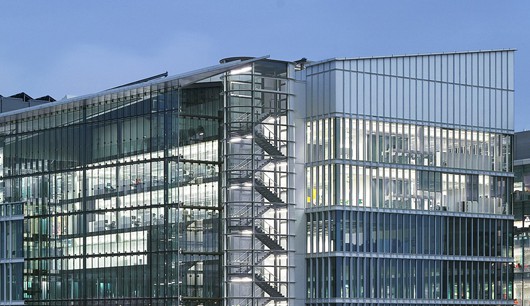
The end of patent protection for Seroquel (quetiapine) in a number of territories put a large dent in AstraZeneca’s results for the first three months of the year.
Total sales of the antipsychotic drug fell 99 per cent compared with the same period in 2012 as generic versions hit the market.
Together with a similar issue for Crestor in Canada and Atacand in other markets, these losses accounted for 90 per cent of the $1bn hole suffered by the company due to losses of exclusivity.
It all adds up to multiple headaches for the company, whose revenue fell 12 per cent to $6.4bn, compared to the same period in 2012, while operating profit plummeted 21 per cent to $2.3bn.
The problems were not all internal: the negative impact of US healthcare reform on first quarter revenue and costs was $223m, AstraZeneca said.
Chief executive Pascal Soriot put a brave face on the problem. He said: “As anticipated, the first quarter performance reflects the loss of exclusivity for several large products.”
He added that the company was focused on returning to growth and achieving scientific leadership.
Good progress was seen in some areas, however, including blood thinner Brilinta, the firm’s diabetes and respiratory franchises plus its performance in emerging markets and Japan.
“We continued to invest in distinctive science that will advance our knowledge of disease physiology and help to identify new drug targets,” Soriot concluded.
Among the debits on the balance sheet in this quarter was a $543m figure for restructuring charges as the group radically alters its R&D operation in a bid to become more responsive.
There are more charges to come, mainly this year, but Soriot insists the change programme will deliver benefits of $800m per annum by the end of 2016. Half of this should be realised by the end of 2014.
The company believes its pipeline has genuine potential, with six projects in respiratory, inflammation and autoimmunity and in oncology selected for accelerated development efforts.
There will also be five to seven phase III programmes starting before the end of 2014, and AstraZeneca also pointed to various deals it has recently made as evidence of its ambition.
These include last month’s $240m upfront cardiovascular, metabolic, renal diseases and cancer drug development deal with Moderna Therapeutics; a collaboration with the Swedish medical university Karolinska Institutet; and this month’s acquisition of biotech firm AlphaCore Pharma.




